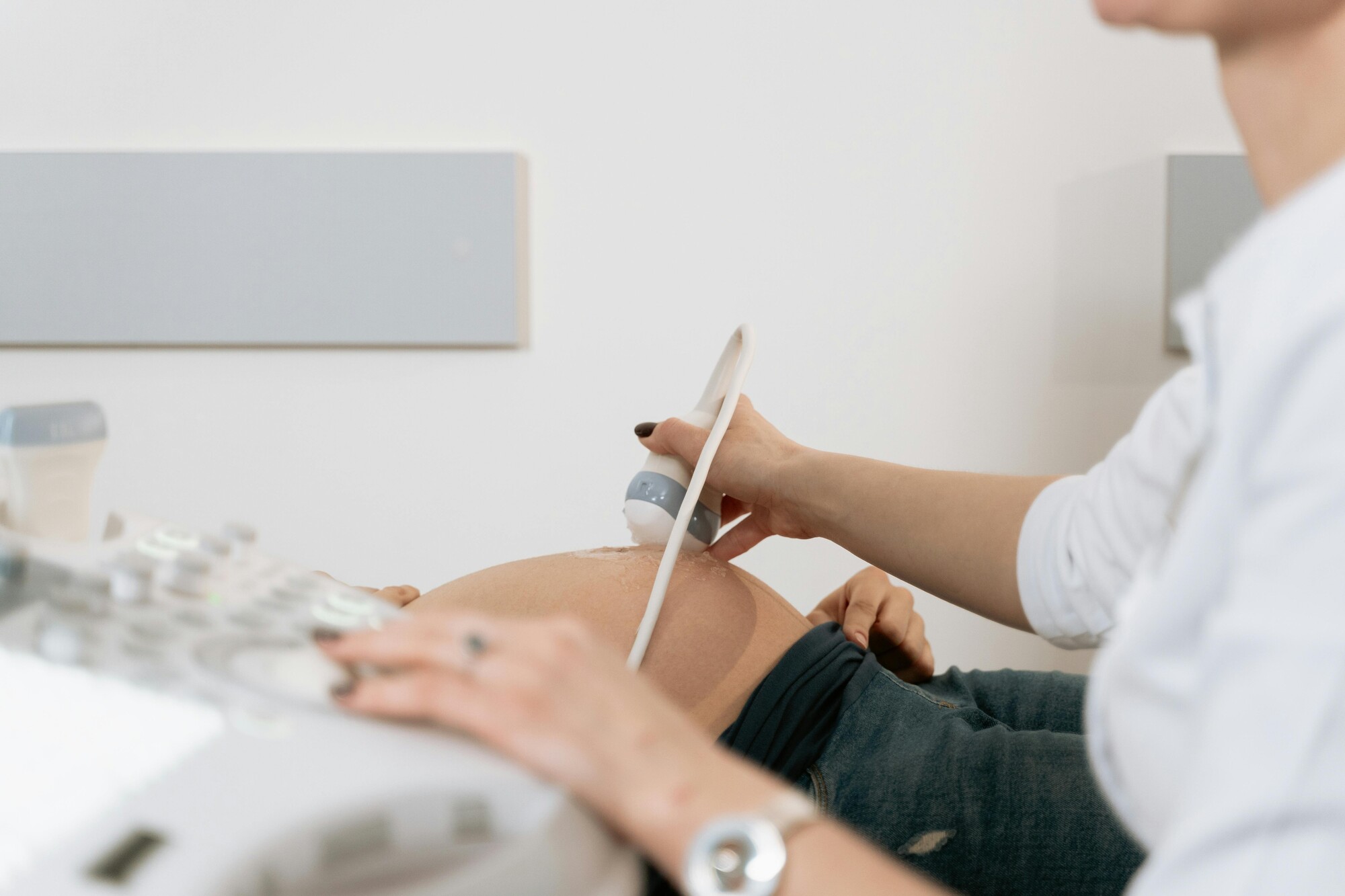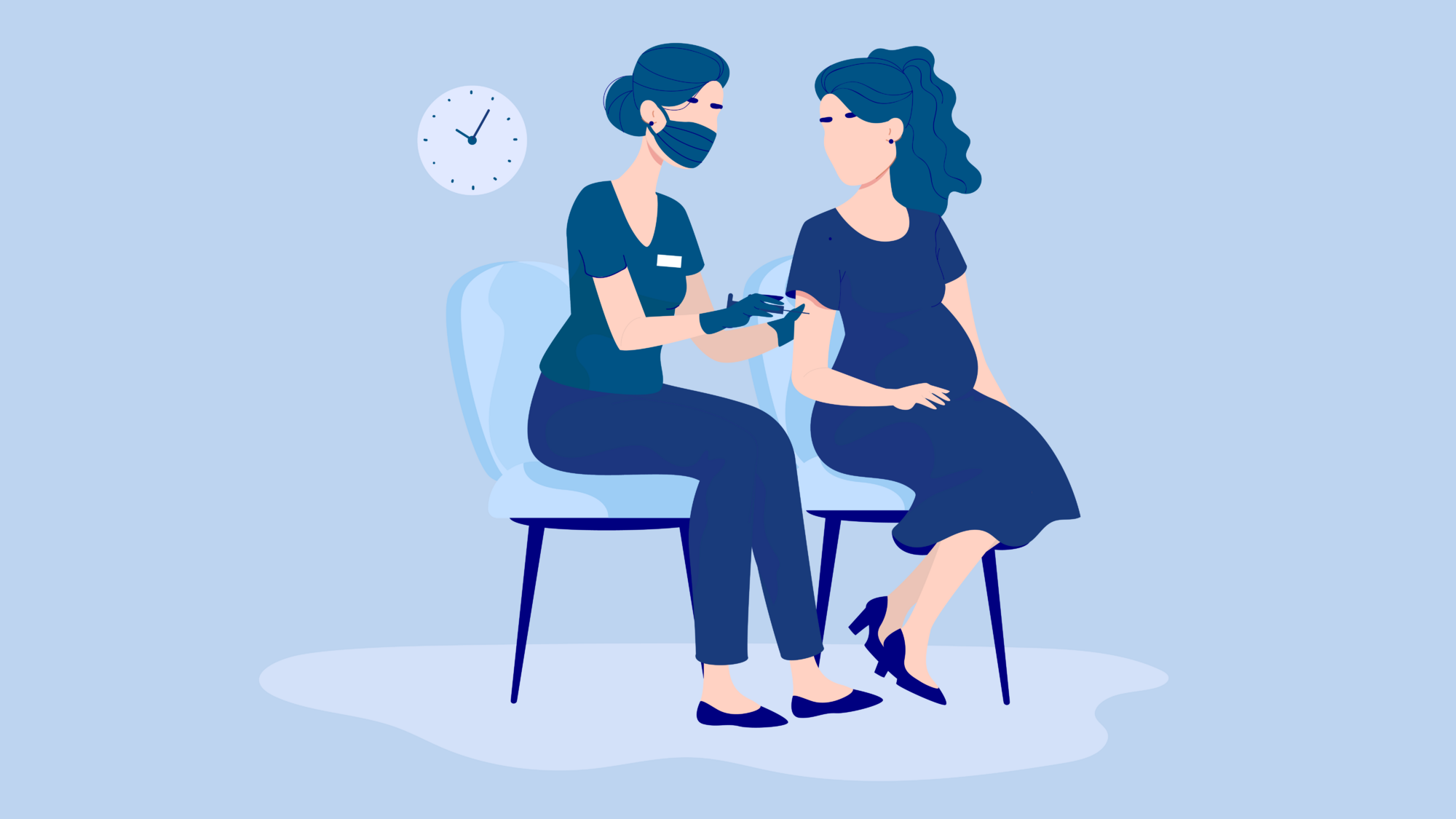1. List of prohibited Foods during Pregnancy
Foods that should not be consumed during pregnancy include the following:
- Uncooked foods, including raw and smoked fish, raw meat, and other processed meats
- Unwashed foods (especially fruits and vegetables), but also commercially packaged salads and buffet salads
- Unpasteurized juices (freshly squeezed fruit juices that have not been heated or otherwise treated)
- Unpasteurized milk (raw milk that has not been heated)
- Unpasteurized cheeses (raw milk cheeses such as Camembert, Brie, Gorgonzola, sheep's and goat's cheese)
- Raw eggs and eggs-based dishes (such as tiramisu or fresh mayonnaise)
- Raw sprouts (alfalfa, clover, radish, and mung beans)
- Alcohol and other addictive substances
- Fish containing mercury (such as shark, swordfish, tuna, king mackerel, halibut, pike, and redfish)
- Excessive caffeine consumption with more than 200 to 300 mg of caffeine per day (this includes all caffeinated beverages such as coffee, cola, and energy drinks)
2. Foodborne infections in pregnant Women
Food can be a breeding ground for a variety of pathogens. Many normally harmless gastrointestinal infections arise precisely this way. This fact is epecially important for pregnant women, as the unborn child is particularly susceptible to certain pathogens. To protect the unborn child, pregnant women should therefore avoid the foods listed above.
Why raw Meat is not safe during Pregnancy
Raw meat should be avoided at all costs during pregnancy. This is because, if the meat is not cooked sufficiently, a variety of different pathogens, such as bacteria or parasites, can survive and multiply in the meat. These pathogens include Toxoplasma gondii, Brucella melitensis, Listeria, and even Salmonella.
Avoiding raw meat includes not only fresh, undercooked meat, but also sausages such as Mett (ground sausage), Teewurst (tea sausage), liverwurst, and salami, as well as hot dogs and any smoked or air-dried meat. As an alternative to avoiding raw meat, only thorough cooking offers sufficient protection by reliably killing the pathogens.
Why pregnant Women should avoid raw Milk Products
Dairy products that have not been pasteurized (i.e., briefly heated to at least 72°C) can provide a suitable breeding ground for a variety of pathogens. Listeria and Brucella bacteria are important examples.
In most cases, even if infected, the disease is mild. However, pregnant women face an increased health risk, especially for the unborn child. For this reason, pregnant women should absolutely avoid all raw milk products.
Toxoplasmosis in Pregnancy
Toxoplasmosis is an infectious disease caused by the parasite Toxoplasma gondii, which is usually transmitted through contact with cats or raw meat. The pathogen is particularly relevant during pregnancy, as infection can have serious health consequences for the unborn child.
This results in special precautions for pregnant women: In addition to "non-dietary" measures (e.g., having another person empty and clean the litter box daily, feeding the cat canned or dry food, and thoroughly washing hands after contact with garden soil or sandpits), diet also plays a crucial role during pregnancy. This includes thoroughly cleaning raw vegetables and fruit. Furthermore, eating raw meat during pregnancy should be avoided at all costs.
The Risk of Listeria for pregnant Women
Listeriosis is an infectious disease caused by bacteria (Listeria). It is transmitted through contaminated food. This primarily includes raw milk products, but the pathogens can also be found in raw fish, meat, and industrially processed vegetables (such as pre-cut lettuce). The pathogen can multiply even when refrigerated.
In people with a functioning immune system infection rarely occurs despite exposure. However, this can be different for people with immunodeficiency, as well as for pregnant women and their fetuses or newborns. In these cases, there is an increased risk of infection, which is why the above-mentioned foods should be strictly avoided during pregnancy.
The Risk of Brucellosis during Pregnancy
Brucellosis is a bacterial infection caused by Brucella bacteria. Humans become infected through the ingestion of contaminated foods such as unpasteurized milk (raw milk), cheese made from unpasteurized (raw) milk, or raw meat. Infection during pregnancy should be avoided at all costs to prevent serious health consequences for the unborn child.
3. Other Foods pregnant Women should consume with Caution
In addition to raw meat and raw dairy products, there are several other foods that can be problematic during pregnancy. Some pose an increased risk of infection, while others can impair the development of the unborn child due to their ingredients. Conscious handling of these foods helps reduce potential risks.
Fish and other Seafood
Pregnant women should only consume fish and other seafood if they have been thoroughly cooked beforehand. Smoked fish is therefore also not recommended. Special care should also be taken when preparing fish. Thorough handwashing and careful cleaning of all surfaces are essential. If a pregnant woman has consumed sushi-like fish, this is usually safe provided it has been properly frozen beforehand. Nonetheless, further consumption of sushi during pregnancy should be avoided.
But adequately cooked fish is even recommended as an important dietary component for pregnant women. Though care should be taken to ensure that the fish species chosen do not have high mercury levels. Fish species with high mercury levels include shark, swordfish, king mackerel, orange roughy, and bigeye tuna (other tuna species are permissible). This is because mercury can disrupt normal brain development in the fetus.

Increased Caffeine Consumption
People trying to conceive and pregnant women are advised to reduce their caffeine consumption to less than 200 to 300 mg per day. This corresponds to approximately 1 to 2 cups of coffee per day.
It's also important to keep an eye on the caffeine content of coffee-based ice cream and sweets, certain types of tea, and soft drinks. However, the quality of the studies on which these recommendations are based is limited. Therefore, if in doubt, those who want to play it safe should consume less coffee rather than more.
Herbal Products, Spices, and Ginger
It is generally recommended to avoid herbal products during pregnancy as much as possible. Pregnant women should exercise particular caution when it comes to herbal medicines and herbal supplements. The reason is that the exact dosage of the ingredients is often difficult to determine, and these can easily lead to interactions with common medications.
While there is a shortage of high-quality studies in this area, there are a number of documented cases in which adverse effects of herbal products, such as drug interactions, have been reported. But the use of spices in typical kitchen dosages is safe. Ginger, when consumed in moderation, is also considered safe.
Liver-containing Foods
Caution should also be exercised when consuming liver-based foods during pregnancy. This includes liver pâtés and liver sausage.
The risk arises from the high vitamin A content of liver and liver-containing foods. While vitamin A is important for things like vision, fetal growth, and maintaining the immune system, pregnant women in affluent nations are more likely to be at risk of a harmful overdose.
Eggs
Just like meat and fish, eggs should only be consumed during pregnancy if they have been thoroughly cooked beforehand.
It should be noted that raw eggs can also be found in many foods such as tiramisu, chocolate mousse, or fresh mayonnaise. Cake and cookie dough should also not be eaten raw. All of these foods should therefore be avoided to prevent infection that could be harmful to the fetus.
Sugar, Honey & Sweets
Foods containing sugar are generally not good for your health. This is especially true during pregnancy. Pregnant women should be particularly cautious when it comes to sugary drinks, as their high sugar content is easily underestimated. This group includes sodas, sweet tea, sports drinks, and even juices.
On the one hand, these drinks are high in calories but low in nutritional value. On the other hand, the short-chain carbohydrates in sugar lead to a rapid rise in blood sugar levels. These high blood sugar spikes can permanently limit the fetus's nutrient supply.
The risk of significant maternal weight gain, the development of preeclampsia (pregnancy-related hypertension with organ damage), and obesity in the child later in life have been proven to be increased. For example, one study found that for every additional sugary drink consumed by mothers in the second trimester, the child's fat mass subsequently increased by 0.15 kg/m².
Diet for gestational Diabetes: These Foods should be avoided
A simple rule of thumb applies to gestational diabetes: Anything that causes blood sugar to rise rapidly should be eliminated from the diet or eaten only rarely. This includes sugary drinks such as cola, soda, and fruit juices, sweets, cakes, as well as white bread, white pasta, and polished rice. These foods provide "fast" carbohydrates, cause sharp blood sugar spikes, and may require additional insulin injections.
The German Diabetes Society's guidelines recommend fiber-rich whole grain products, vegetables, legumes, and lean protein sources instead; carbohydrates should not exceed 40–45% of calories and should be evenly distributed throughout the day.
5. General dietary Precautions during Pregnancy
In addition to the foods to avoid, there are several measures that pregnant women should consider to successfully prevent infection through food:
- Regular handwashing throughout the day, especially after consuming problematic foods (see above)
- Thoroughly rinse (approximately 30 seconds) fresh fruit and vegetables before consumption
- Thoroughly clean surfaces where problematic foods have been prepared (e.g., wipe with a solution of one teaspoon of liquid chlorine bleach per liter of water, then allow to dry for 10 minutes).
These steps can effectively minimize the risk of permanent damage, miscarriage, premature labor, or fetal death.
Data4Life's digital solutions make health data researchable and promote evidence-based medicine.
The contents of this article reflect the current scientific status at the time of publication and were written to the best of our knowledge. Nevertheless, the article does not replace medical advice and diagnosis. If you have any questions, consult your general practitioner.
Originally published on







